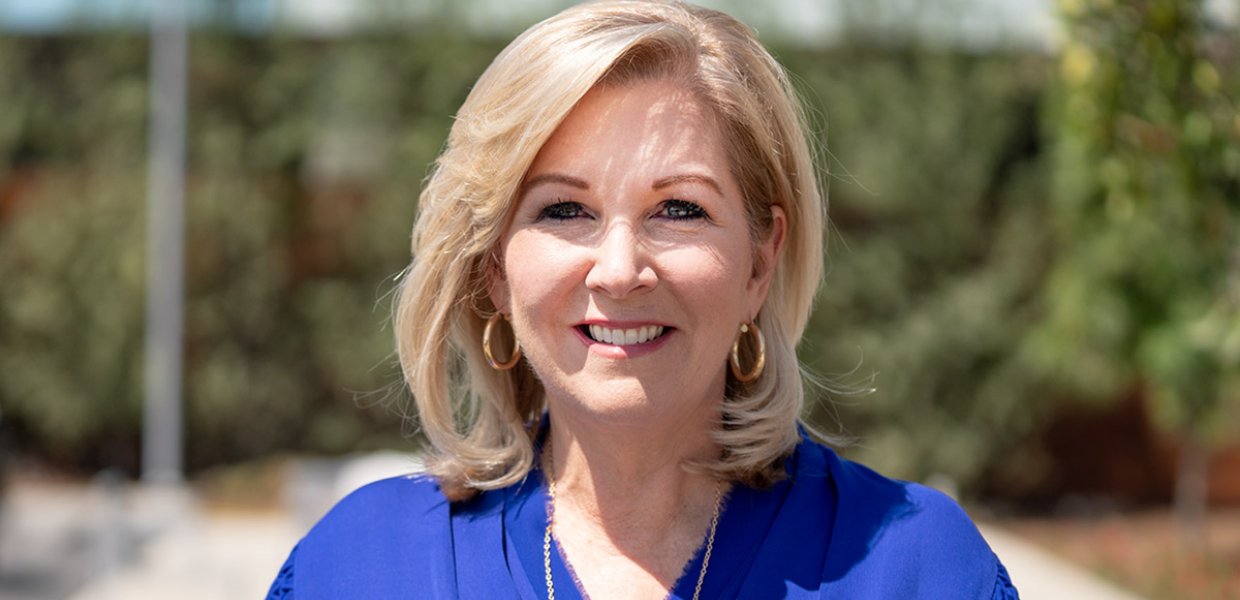Her newsroom colleagues thought she was crazy.
When Cater Lee decided to return to school, her co-workers couldn’t figure out why. Lee had already been a successful journalist, who worked her way up from a reporter at a CBS affiliate in Chattanooga, Tenn., to an anchor at KNBC and KCAL in Los Angeles.
“I had a wonderful career, but I felt like not much had changed from when I started as an entry-level reporter in a small market, to making it to the second-largest market,” Lee said.
Lee was frustrated with the reactive nature of broadcast news, the prioritization of high-speed car chases and the portrayal of communities as “dangerous” without any context.
USC Annenberg’s specialized journalism program, however, completely reshaped how she saw journalism.
“On the very first day of the master’s program, Roberto Suro taught us that to break through the noise of sensational journalism, I had to become a specialist in my community and subject matter.”
Lee recalled that the very first words from Suro were “you are the brand.” He went on to explain that understanding a subject and taking a deep dive into something that you have a passion for, to the point that you want to explain the context to other people, is the job of a journalist. This resonated with her as she learned how to become a mission-driven specialist throughout the rest of her studies.
Now, as vice president of news and content for Spectrum News 1, Lee helped introduce a new format for local news in Southern California, prioritizing proactive, community-based news and storytelling.
“This has been an incredible opportunity to build a network and hire a lot of journalists to create news stories in ways that have not been done before,” Lee said.
She immediately thought of her time as a student journalist and realized it was a great place to start. By forming a collaboration between Spectrum News 1 and USC Annenberg, Lee created a pipeline for students to break into the industry and discover voices that needed to be amplified.
As a result, Impact, a one-hour showcase for long-form documentary programs created by undergraduate and graduate students, began airing on Spectrum News 1 in 2018.
The opportunity resonates with Lee who had difficulty finding her first journalism job after earning her bachelor’s in marketing from the University of Virginia.
“Getting that first job was tough for me, and it is still a very competitive business,” Lee said. “I had to convince people that a business major could be a reporter. Now, the No. 1 thing we look for in this newsroom is people who have a passion for local news and the issues that affect us all. It’s also a priority to hire journalists with local ties versus bringing talent from other markets, which is often a misstep in the business – hiring people who are not familiar with the community.”
Lee believes that the heart of a successful local news program is the beat reporter who focuses on their expertise to bring proactive and exciting stories to the forefront. She is a strong believer that getting to know the key players and issues that surround it and understanding both sides are how reporters can impact society and create civil discourse that enacts change.
“Get involved in programming like Impact. “Do the best you can while you are there on campus to learn the issues that students are talking about or what that they should be talking about, and seek ways to tell those stories,” Lee advises.
